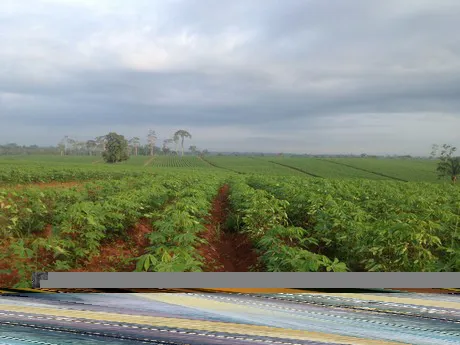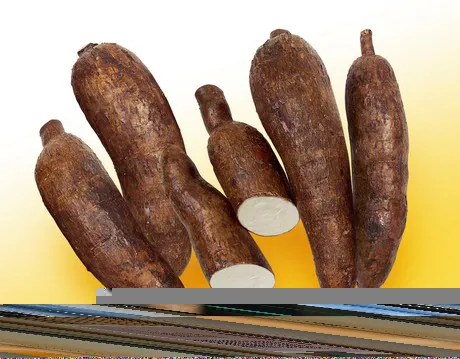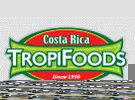Traditionally, in Europe, cassava was only in demand among Latin American, Indian, African, or Arab ethnic groups. In recent years, however, consumption has increased, meaning that this tuber is reaching the general public.
According to Joshua Guerrero, from the Costa Rican company Tropifoods, roots and tubers, such as cassava, are beginning to become better known in the European market, as the Europeans travel more and dare to try new products. However, even though there is an obvious progress and the public already recognizes cassava, many still do not know how it is consumed. Therefore, the next objective of the company is to teach them how to prepare it: "We have show them that it is very similar to the potato and highlight its nutritional characteristics and the health benefits that the potato doesn't have," he said. For example, in Latin America it is common to eat cassava cut into chips, but Europeans do not know this, so one option would be to export it in that format.

We don't want to replace potatoes, we just want people to change to cassava from time to time; once a week or once a month, as that alone would make the market grow exponentially. We want Europeans to try cassava. We know that they'll fall in love with it once they've tried it. That's what happens to everybody," said the exporter.
Multiculturalism
Tropifoods was founded 25 years ago. It grows and exports various tropical products and, even though they produce roots and tubers, it is only now that these products are beginning to enter strongly into the European market. Tropifoods already exports cassava to Spain, Portugal, the Netherlands, and Italy. "Things are easier in Spain because this country has more contact with Latin America, and we have been exporting cassava to this market for ten years. However, the idea is to move a little further east," said the exporter. According to him, there is a great potential in Germany and Poland, as well as in France, and in the United Kingdom, where it is already consumed a little thanks to the multicultural population of these countries.

Impossible to substitute potatoes
Regarding prices, Joshua Guerrero said he knew cassava was much more expensive than potatoes in supermarkets because it has to be imported and it has higher logistic costs. Thus, he said, it was impossible to compete with potatoes or to completely replace them. Despite this, he said that demand had skyrocketed in the last two years. "We used to depend a lot on the Latino community, but many returned to their countries a few years ago, so the European demand declined. However, demand has grown again, which can mean two things: Either there is a demand from the same ethnic groups that have returned to Europe, or new groups are demanding it. We must be doing something well because the market is absorbing more and more cassava," he stated.
Nine months of cultivation
Cassava is produced in a very similar way to the potato, although its cultivation time is much shorter, as it only takes nine months to grow them. Both are roots that grow underground and are unearthed, cut, washed, and waxed with paraffin to prevent their carbohydrates from oxidizing and to prolong their useful life.
Check out our facebook page for cassava recipes
 More information:
More information:
Joshua Guerrero
Tropifoods
San Antonio de Belén, Heredia, Costa Rica
Tel.: +506 2293-1789 / +506 8701-1324
E: contact@tropifoods.com
www.tropifoods.com


 More information:
More information:


 More information:
More information: